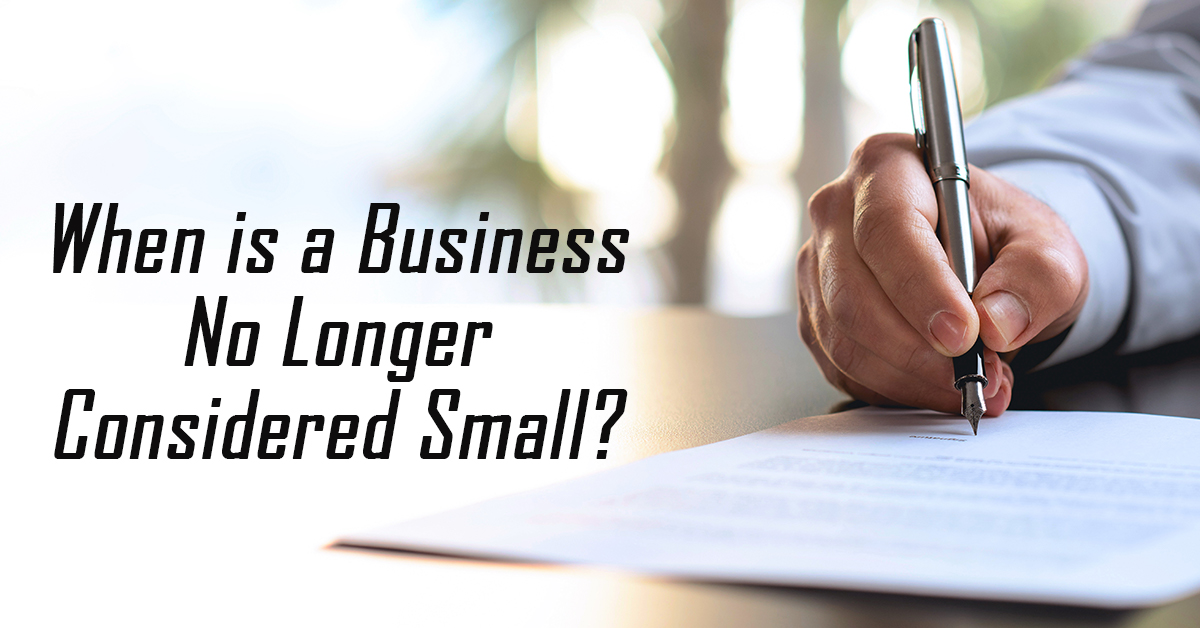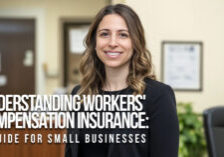When is a Business No Longer Considered Small?
When is a Business No Longer Considered Small?

When is a Business No Longer Considered Small?
You’ll often hear the terms small, medium and large when describing the size of a company. It is fair to assume that a Mom and Pop candy store at the corner of a street is a small business. It is also fair to assume that an automobile manufacturer or major financial institution is a large business. Medium-sized businesses may be a little more difficult to describe, other than they fall somewhere in-between.
Did you know, however, that there are sources that can better define a small, medium and large business by its product category, number of employees and annual sales?
The Small Business Association (SBA) for example, determines the size of a small business on such criteria. It also has an entire set of codes for companies in various categories to decide whether a business is considered “small”. This can affect a variety of business eligibility requirements including loan qualifications. Based on such criteria, some companies can have incomes in excess as $40 million and still be considered a small business.
The start is to find the government key which determines the category your business falls into. This puts you in a pool of businesses you are competing against for government assistance. The U.S. Census Bureau has a list of codes and sub-codes that can help you determine whether your business is “small”.
Outside of the SBA definition, the size of your business will impact what it pays for insurance. The larger the company, the more income it produces and the more employees it has, the more risks it is exposed to. This will translate into the need for greater coverage.
Most companies grow. They grow from maybe a single proprietor to a partnership to bringing in investors. They may even become publicly traded someday. Along the way, it’s insurance needs will change.
While the SBA may have specific guidelines according to government assistance levels, most have a more casual approach to how they view their business. If you are building your business, build your loss-prevention strategy at the same time. We can help.
Contact one of our independent insurance agents to discuss where your company is, and where you see it going. They can help design an insurance program you can afford, and one that will help facilitate the growth of your business.










